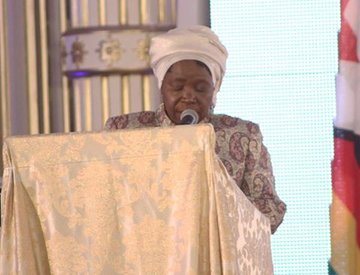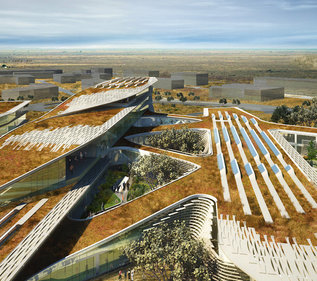
As a family of nations, SADC has come a long way since its formation in 1980. The people of SADC, as rightly said by His Excellency President Khama of Botswana, ‘’have not only grown closer, but have embraced each other as brothers and sisters, to the extent that a challenge in one nation, has been defined and accepted as a regional challenge’’. SADC must continue to share a common vision leading to its common future of peace and prosperity. The Regional Economic Communities, as has been said, are building blocks of our continental integration. Progress in SADC and in other RECs, means progress towards continental integration. Africa, despite the global and continental headwinds, including the impact of extreme weather conditions and the instability due to internal conflicts and terrorism in some parts, continues to do well. Growth for 2016 for the continent is still projected for around 3,7%, against a lower global average. We must remember, that we need average growth of 7% and above to achieve the rapid structural transformation necessary to create prosperity and a better lives for all Africa’s peoples.
The SADC region, with some exceptions, has the advantage of being connected through infrastruture: transport, energy and ICT, with room for improvement on energy, water and sanitation. The region must also do more on maritime transport and the blue economic (including building African shipping fleets), renewable energy; revitalisation and expanding our rail network, including creation of the Pan African Integrated Highspeed rail network to link the continent from Cape to Cairo and from Djibouti to Dakar. With over 200 million people in the region, it also has a critical role to play in the African skills revolution. The work being done in integrating and harmonizing higher education in SADC is commendable, and we expect more especially in the areas of science, technology, mathematics and engineering (STEM) sectors, as well as vocational training and skills.
The recent Summit of the African Union in Kigali reflected on the importance of the Continental Free Trade Area and Free movement of people, in the context of promoting intra African trade and investment, industrialisation, tourism, agroprocessing as well as services, and develop Pan African businesses more generally. The Tripartite process is expected to help to give empetus to the CFTA, linking up with other regions such as ECOWAS. SADC is an important part in the Tripartite, and without SADC’s active participation, this will delay the CFTA and we look forward to SADC’s role. Furthermore, we will fail to enrich our nations, lift our peoples out of poverty and build shared prosperity, unless we prioritise industrialisation, and add value to the natural and mineral resources that are in such abundance in this region and in the continent, including expanding our regional energy power pools.
At the Kigali Summit we also introduced the 2nd African Gender Scorecard. SADC countries are showing some progress in changing the economic and social situation of women and girls, but progress on women’s political participation, and gender equality in the judiciary still lags behind. Last, but not least, the region for the last few years has had a relatively good record in comparison with other regions in terms of stability and addressing conflicts peacefully. We must congratulate SADC, if there is a problem in the region, we are always confident that the regional leadership will step in. As we celebrate 2016 as the Year of Human rights, we must do more to strengthen democratic rights, constitutionalism, social cohesion and inclusion, and the particitpation of citizens, in government and the economy. This includes strengthening governance, with citizens demand for effective and efficient public service increasingly being raised as a key issue across the continent. As the leadership of SADC and of Africa gathered here, I am in no doubt, Your Excellencies that these matters are at the foreground of your deliberations and your national and regional endeavours.
As the AU Commission we look forward towards SADC Member states domesticating Agenda 2063, towards an Africa Let me conclude, since this is my last SADC Summit as AU Commission Chairperson, to thank the Southern African Community for supporting me during my term as Chairperson, and to the Commission as a whole. We are holding the fort till the January 2017 AU Summit, as requested by the AU Heads of State and Government at the Kigali Summit. The current Commission looks forward to handing over to the new Commission after that Summit. I also look forward to rejoining the citizens of the SADC region, after my term in Ethiopia and the continent. I wish you a productive SADC Summit.


